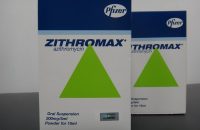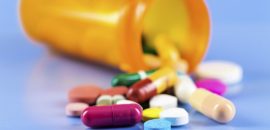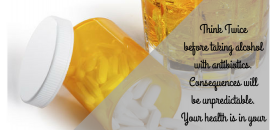Antibiotics and Alcohol – Myth or Reality?
The myth that «alcohol neutralizes antibiotics» was first spread in STI clinics that appeared immediately after World War II.
Especially effective against sexually transmitted infections at that time proved penicillin, created in 1928 by Alexander Fleming. It was prescribed with the strict recommendation: in any case not to combine antibiotics and alcohol drinking. The reason for this was more psychological than pharmaceutical. A tipsy person more willingly agrees for casual sex. So, putting patients in fear that these two substances consumption at the same time is dangerous for health, doctors and nurses had given the drug a chance to cure infection before it was transmitted to someone else.
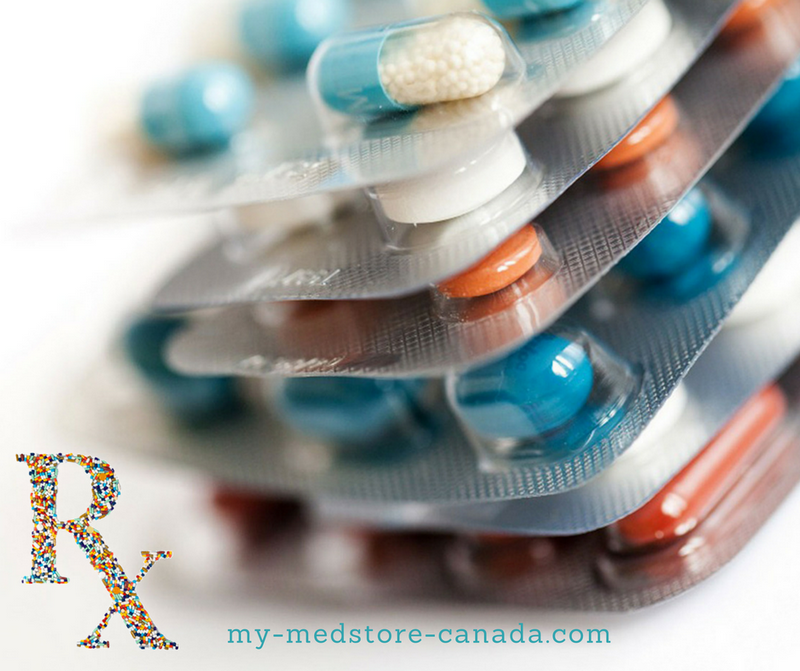
Since that time has become standard practice in medicine – and was successful: most of us are still abstain from alcohol during treatment course with antibiotics. Indeed, to abuse alcohol, while taking antibiotics, is not a good idea: alcohol competes with antibiotics for «processing time» in the liver, which means that antibiotic can act a little more slowly than usual. But it will still be effective – in spite of alcohol.
Among more than a hundred of preparations in antibiotics list, prescribed by physicians, only five of them have serious side effects when taken with alcohol. Read about Zithromax instruction for use in details to know how Zithromax is compatible with alcohol.
Among them, only one is prescribed in ordinary cases, metronidazole – to deal with dental and gynecological infections, as well as for Clostridium difficile treatment – a bacterial infection, which is usually «picked up» in hospitals. A side effect of mixing this antibiotic and alcohol is that metronidazole does not let the body normally metabolize alcohol, which leads to accumulation in the blood of highly toxic organic compound, called acetaldehyde – formaldehyde close relative, better known as «embalming fluid». The effect is almost the same as at a heavy hangover: nausea, vomiting, heart palpitations and severe headaches.
What are Antibiotics?
Antibiotics are substances created to treat and prevent the bacteria growth. In 1942, an American microbiologist Selman Waksman (1888 – 1973) and his student Albert Schatz (1922 – 2005) discovered streptomycin – the first effective medicine against tuberculosis. Waksman described it as «antibiotic» (from Greek «anti» – against, and «bios» – life) because it killed alive bacteria.
They are useless against colds and flu, which are viral infections. It is still unclear, what a virus is and whether we can call it «alive». Viruses have genes (but no cells), and they can reproduce using only host organism. Scientists call them «biological species» or «organisms at the edge of life».
Its action is stopped not by alcohol, but their intake «with or without reason. Thus, in animal breeding, 70% of antibiotics are prescribed to completely healthy animals. In medicine more and more often there are observed situations when new bacterial strains become resistant to once «magic bullets» such as streptomycin.
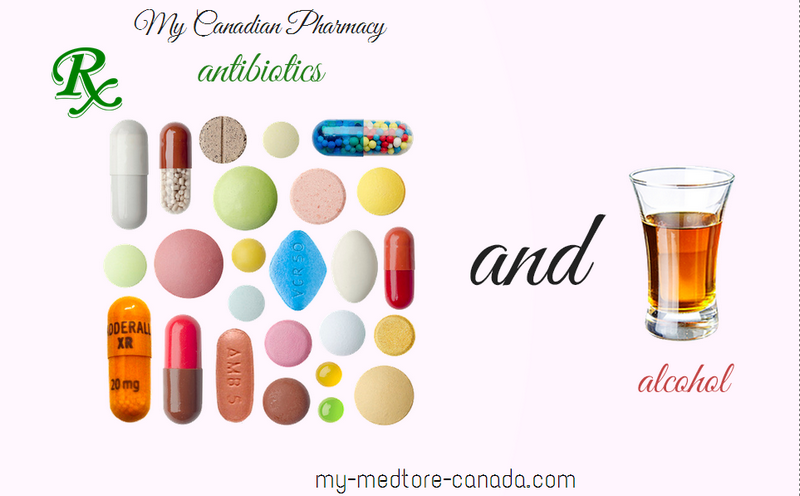 According to World Health Organization, one-third of the world’s population today are carriers of drug-resistant tuberculosis strains. There are fears that by 2020 about 35 million people will die from it.
According to World Health Organization, one-third of the world’s population today are carriers of drug-resistant tuberculosis strains. There are fears that by 2020 about 35 million people will die from it.





